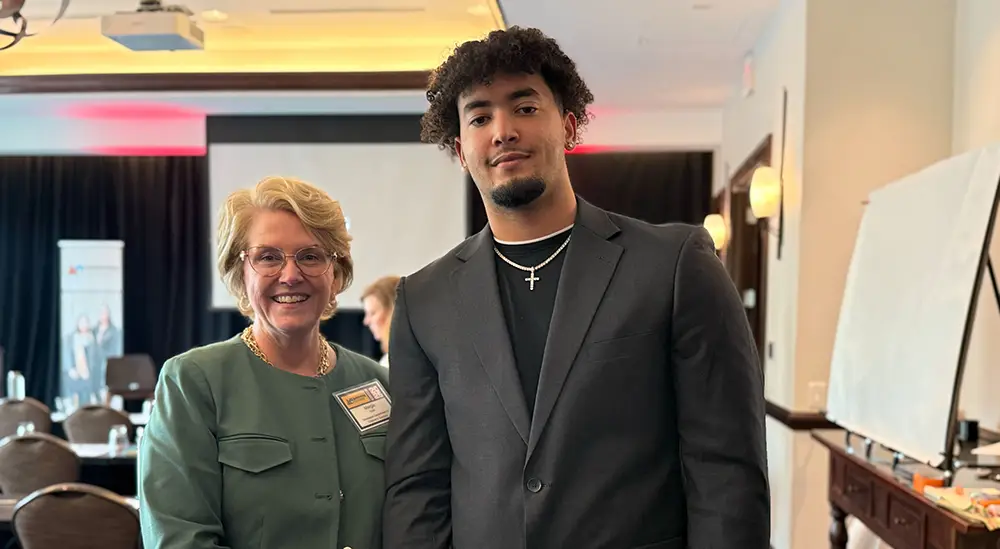Tennessee and Idaho increase extended foster care to age 23
Earlier this year, young people in Tennessee gained more time and support as they move from foster care to adulthood. A new state law increases eligibility for the Extended Foster Care (EFC) program from age 21 to 23, giving participants two additional years of guidance, housing assistance and life-skills support. State leaders say 23 is often when young people finish college or begin their careers, making it a natural point to extend support.
In Idaho, lawmakers passed similar legislation increasing EFC eligibility to age 23.
Together, the two states are part of a growing national movement to strengthen support for young people who experienced foster care, ensuring they have the stability and relationships needed to thrive in early adulthood.
The expansions reflect a shared understanding that young people leaving foster care need flexible, consistent help to build stable, supported lives.
“This program gives young people more time, stability and access to the kind of guidance they need to successfully move into adulthood,” said Kori Caldwell, assistant director of community-based services for Youth Villages in Tennessee. “At 18, most young people still need support. Extending care through age 23 means they don’t have to face those first years of adulthood alone.”
A lifeline for young people moving to adulthood
EFC helps young people build strong foundations for adulthood after foster care. Through EFC, participants can receive monthly financial assistance, help with education or job training, and support from specialists who guide them through practical challenges such as budgeting, housing and access to health care.
For participants like Jahlin Osborne, 21, of Murfreesboro, Tennessee, the change makes a real difference. He lost a monthly stipend and other support before the age extension.
“It was really hard,” Osborne said. “I had to work extra hours just to keep up with rent and bills. It was stressful trying to balance everything and still focus on school.”
Now that I have EFC again, I can live more comfortably and focus on my education without constantly worrying about money.
Extending opportunity, not just eligibility
Nationally, young people who remain in EFC experience better outcomes in education, employment and housing stability. Each additional year in care after age 18 increases the likelihood of earning a high school credential or enrolling in college. It also reduces the chances of homelessness or involvement with the justice system.
Tennessee and Idaho are the first states to expand eligibility for EFC to age 23. Their actions demonstrate a growing commitment across the country to give young people who have experienced foster care more time, guidance and connection as they build their lives in early adulthood.
“This change is about more than services,” Caldwell said. “It’s about ensuring young people have the time and relationships they need to grow into adulthood with confidence. When we invest in that support, we see stronger communities and brighter futures.”
A foundation for the future
With these new policies in place, state agencies are expanding their programs to reach more young people who qualify for extended support.
Youth Villages works alongside Tennessee’s Department of Children’s Services, providing case management for EFC. The organization also provides increased support through its LifeSet program, an evidence-based bridge from foster care to successful adulthood.
To learn more about Youth Villages’ work supporting young people who have experienced foster care, visit youthvillages.org.

